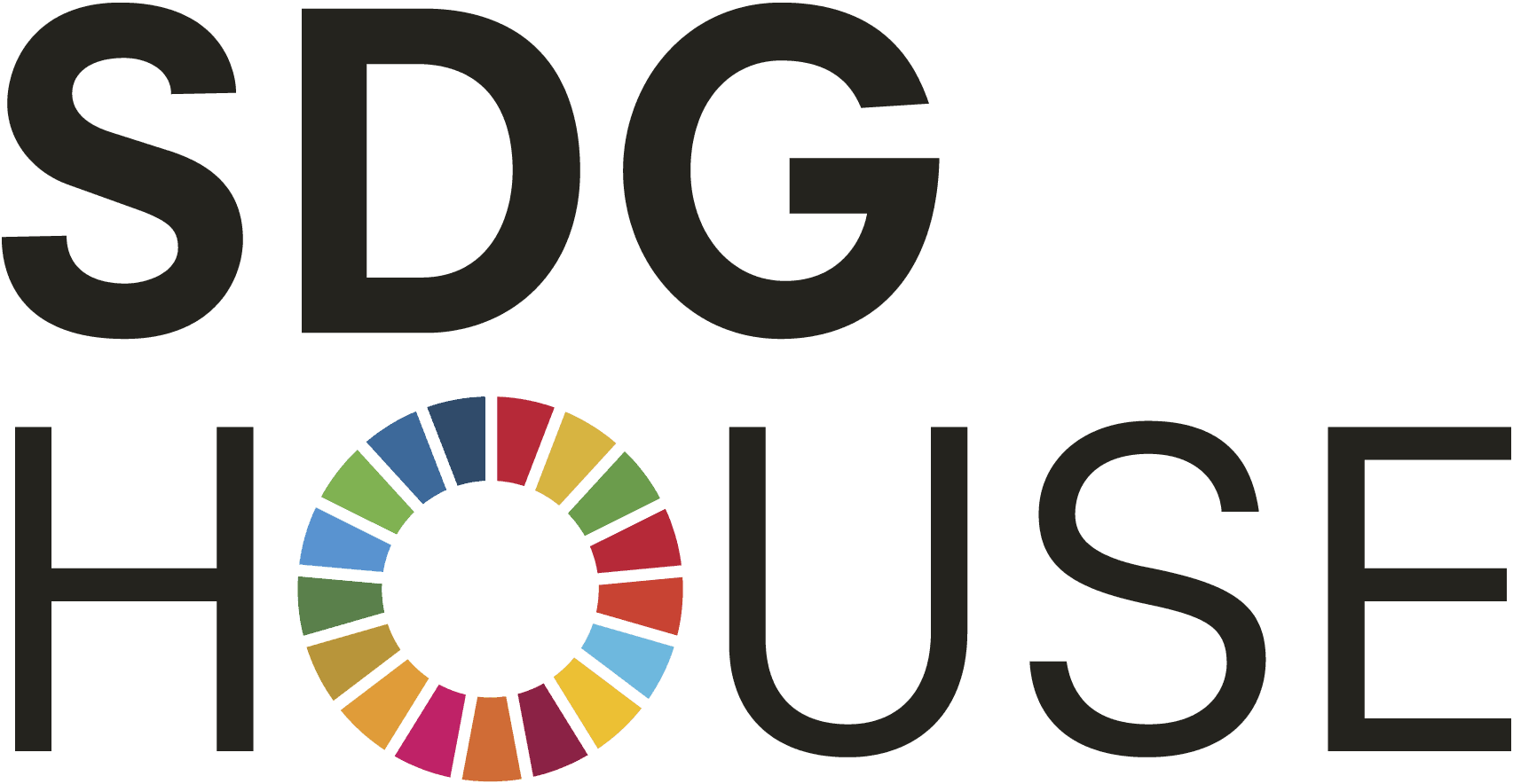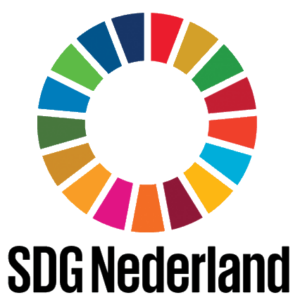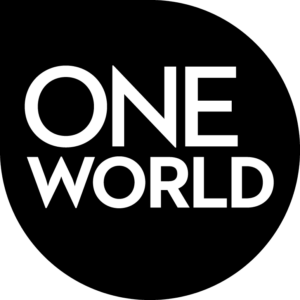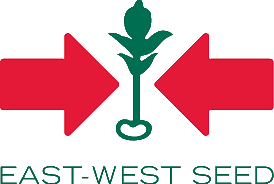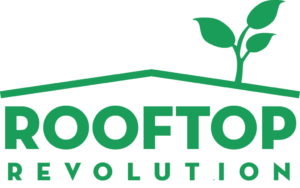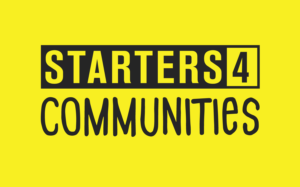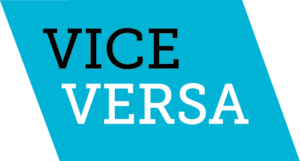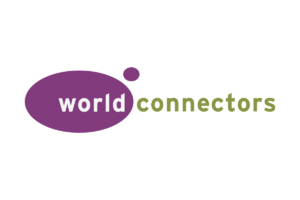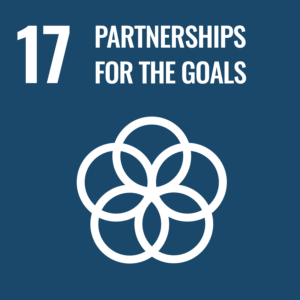
Members
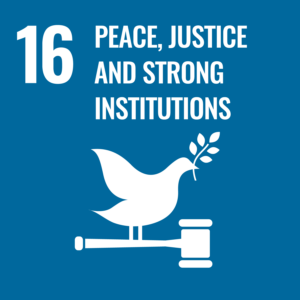
We cannot hope for sustainable development without peace, stability, human rights and effective governance, based on the rule of law. The SDGs aim to significantly reduce all forms of violence, and work with governments and communities to end conflict and insecurity.
Members
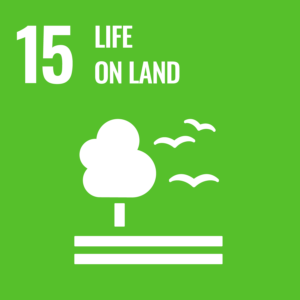
Human life depends on the earth as much as the ocean for our sustenance and livelihoods. Plant life provides 80 percent of the human diet, and we rely on agriculture as an important economic resources. Urgent action must be taken to reduce the loss of natural habitats and biodiversity.
Members
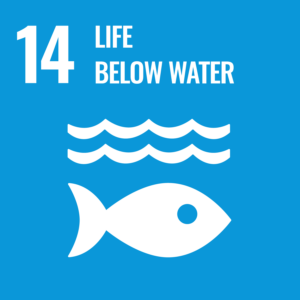
The world’s oceans – their temperature, chemistry, currents and life – drive global systems that make the Earth habitable for humankind. How we manage this vital resource is essential for humanity as a whole, and to counterbalance the effects of climate change.
Members
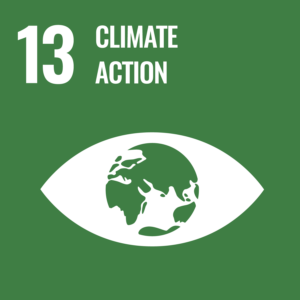
Global warming is causing long-lasting changes to our climate system, which threatens irreversible consequences if we do not act immediately. Supporting vulnerable regions will directly contribute not only to Goal 13 but also to the other SDGs.
Members
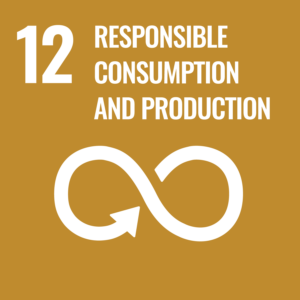
We urgently need to reduce our ecological footprint by changing the way we produce and consume goods and resources. The efficient management of our shared natural resources, and the way we dispose of toxic waste and pollutants, are important targets to achieve this goal.
Members
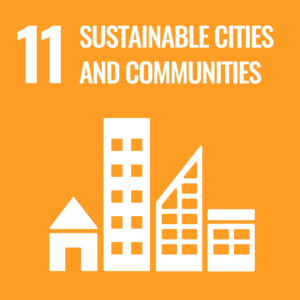
More than half of us live in cities. Making cities sustainable means creating career and business opportunities, safe and affordable housing, and building resilient societies and economies. It involves investment in public transport, creating green public spaces, and improving urban planning and management in participatory and inclusive ways.
Members
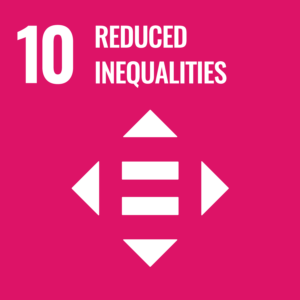
Income inequality has increased in nearly everywhere in recent decades, but at different speeds. These widening disparities require sound policies to empower lower income earners, and promote economic inclusion of all regardless of sex, race or ethnicity.
Members
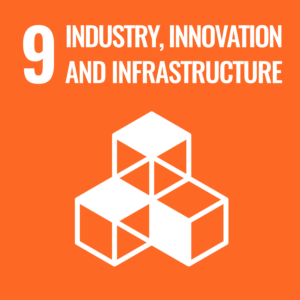
Investment in infrastructure and innovation are crucial drivers of economic growth and development. With over half the world population now living in cities, mass transport and renewable energy are becoming ever more important, as are the growth of new industries and information and communication technologies.
Members
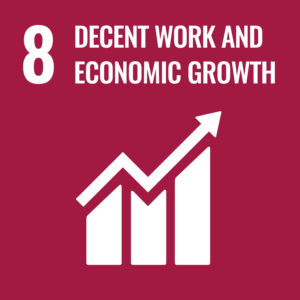
We must promote sustained economic growth, higher levels of productivity and technological innovation. Encouraging entrepreneurship and job creation are key to this, as are effective measures to eradicate forced labour, slavery and human trafficking.
Members
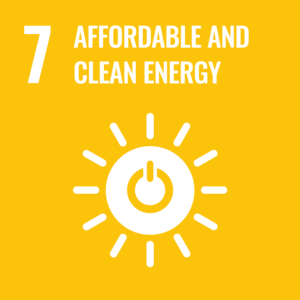
Investing in solar, wind and thermal power, improving energy productivity, and ensuring energy for all is vital if we are to achieve SDG 7 by 2030. Expanding infrastructure and upgrading technology to provide clean and more efficient energy in all countries will encourage growth and help the environment.
Members
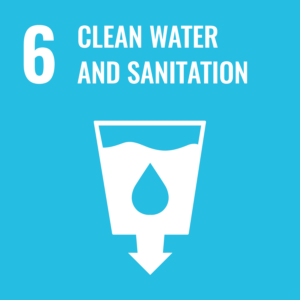
Water scarcity affects more than 40 percent of people, an alarming figure that is projected to rise as temperatures do. We must ensure universal safe and affordable drinking water by reaching over 800 million people who lack basic services.
Members
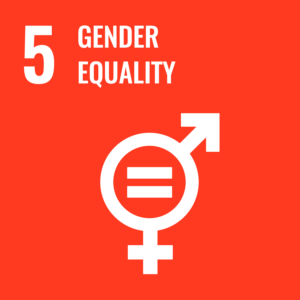
Ending all discrimination against women and girls is not only a basic human right, it’s crucial for sustainable future; it’s proven that empowering women and girls helps economic growth and development.
Members
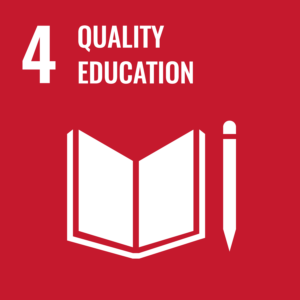
Achieving inclusive and quality education for all reaffirms the belief that education is one of the most powerful and proven vehicles for sustainable development. This goal ensures that all girls and boys complete free primary and secondary schooling.
Members
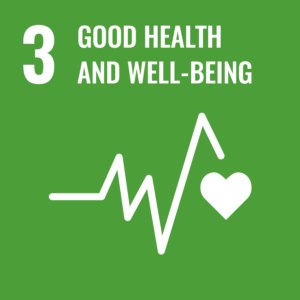
Good health is essential to sustainable development and the 2030 Agenda reflects the complexity and interconnectedness of the two. It takes into account widening economic and social inequalities, rapid urbanization, threats to the climate and the environment, the continuing burden of HIV and other infectious diseases, and emerging challenges such as noncommunicable diseases.
Members
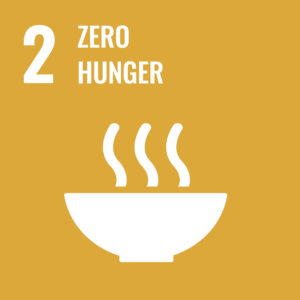
End all forms of hunger and malnutrition, making sure all people–especially children–have sufficient and nutritious food all year. This includes promoting sustainable agricultural, supporting small-scale farmers and equal access to land, technology and markets.
Members
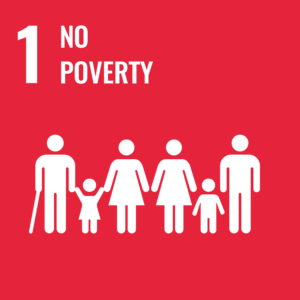
1.1 By 2030, eradicate extreme poverty for all people everywhere, currently measured as people living on less than $1.25 a day 1.2 By 2030, reduce at least by half the proportion of men, women and children of all ages living in poverty in all its dimensions according to national definitions 1.3 Implement nationally appropriate social protection systems and […]
